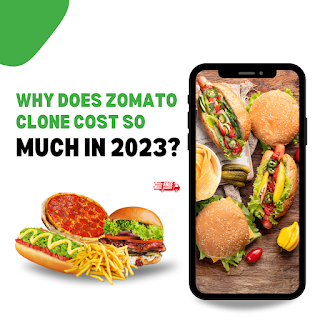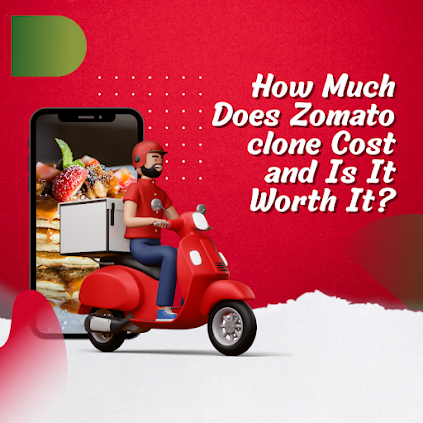Developing a Zomato clone requires a lot of technical expertise and resources. It is not just a matter of copying the existing platform, but rather creating a custom solution that meets the unique needs of each business. The development of a Zomato clone involves a complex process that includes designing, coding, testing, and deploying the platform. The cost of developing a Zomato clone is high because it requires a team of experienced developers, designers, and project managers to work together to create a robust and reliable platform.
2. Integration with Third-Party Services
Zomato clones need to integrate with various third-party services to provide a seamless user experience. For example, the platform needs to integrate with payment gateways to allow users to make secure payments, mapping services to provide real-time restaurant locations, and food delivery services to deliver food to customers. Integrating these services can be time-consuming and requires a lot of technical expertise, which adds to the cost of developing a Zomato clone.
3. Customization and Scalability
Zomato clones need to be customized to meet the specific needs of each business. This may involve adding new features, integrating with existing systems, or modifying the platform to work with different types of businesses. Customization is a complex process that requires a lot of technical expertise, which drives up the cost of Zomato clones.
In addition to customization, Zomato clones also need to be scalable to handle a large number of users and transactions. The platform needs to be able to handle high traffic, process transactions quickly, and provide real-time updates to users. This requires a lot of technical resources and expertise, which adds to the cost of Zomato clones.
4. Maintenance and Support
Zomato clones require ongoing maintenance and support to ensure that they remain secure and up-to-date. This may involve fixing bugs, updating software, and providing technical support to users. Providing ongoing maintenance and support is a complex and time-consuming process that requires a lot of technical expertise, which adds to the cost of Zomato clones.
5. Quality Assurance
Zomato clones need to be thoroughly tested to ensure that they provide a high-quality user experience. This may involve conducting user testing, performing load testing, and verifying that the platform works as expected. Quality assurance is a critical aspect of software development and requires a lot of time and resources, which drives up the cost of Zomato clones.
In conclusion, Zomato clones cost so much in 2023 because they require a complex development process that involves integrating with third-party services, customizing and scaling the platform, providing ongoing maintenance and support, and conducting thorough quality assurance testing. Despite the high cost of Zomato clones, many businesses are still investing in them because they provide a cost-effective way to enter the food delivery and restaurant discovery market. If you are considering developing a Zomato clone, it is important to work with a team of experienced developers who can help you create a platform that meets your specific needs and provides a high-quality user experience.



